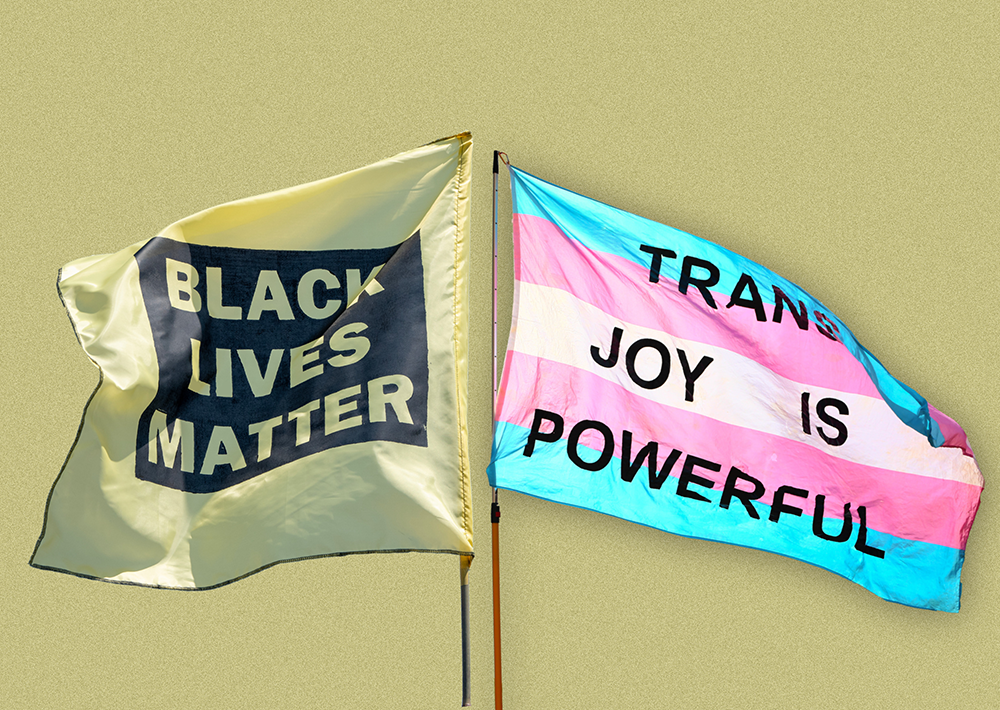Portugal squeezed through to the Euros quarter finals last night after a penalty shoot-out victory against plucky Slovenia. Or perhaps I should say Cristiano Ronaldo’s Portugal squeezed through, as whatever Roberto Martinez’s team does and however much or little their 39-year-old talisman contributes, the story always seems to be about him.
The Beeb used to be fair-minded and respectful, even of the game’s rascals
This time it was a tale of two penalties – one missed in normal time and one scored in the shootout. A flood of tears from Ronaldo followed the former and made it seem as if the living legend was having an on-field breakdown – though he soon recovered. That provoked some cruel mockery from our state broadcaster’s football coverage, or perhaps I should say Gary Lineker’s BBC football coverage, as everything the BBC sports department does seems to be about him.
The BBC dubbed the Portuguese legend ‘Misstiano’ in their highlight reel and Lineker followed this up by posting a tweaked image of himself from Italia 90 with his erstwhile, and famously lachrymose, teammate Paul Gascoigne replaced by an image of Ronaldo. This has caused considerable upset, with John Terry, former Chelsea and England defender branding the BBC ‘a disgrace’. And when John Terry calls you a disgrace, well…
Where should our sympathies lie? One the one hand, since taking offence and having no sense of humour, or proportion, now seem to be central tenets of our new national religion, I’m inclined to be heretical, shrug my shoulders and say ‘so what?’ The BBC’s ‘jokes’ were not particularly funny (‘Misstiano’… hmmm), but, you know, free speech and all that. I would certainly hate to see a directive sent down from the Director General forbidding mickey taking of super wealthy footballers for fear of upsetting their delicate sensibilities.
Plus, as many online commentators on this issue have pointed out, Ronaldo has considerable form in the disrespect stakes, and we could start from his wink to camera on getting Wayne Rooney (his Manchester United teammate) sent off in the World Cup in 2006. That was a while ago, of course, and could be put down to youthful indiscretion. But, to paraphrase a review of a Spinal Tap album, Ronaldo’s ‘emotional growth rate cannot even be charted.’ He’s still at it, mocking opponents, showboating, and making obscene gestures to the crowd. Perhaps, he deserves all he gets.
Or perhaps not. Say what you like about Ronaldo (and I have) he has two things in his favour in my book. One is perhaps trivial, his absolute refusal to have a single tattoo anywhere on his body, and the other, rather more important, is his undiminished and seemingly indefatigable passion for the game. That passion might be more solipsistic than one would ideally expect of a team captain, but there is no doubt he loves, and lives football. To see that mocked leaves a nasty taste.
And say what you like about the BBC (and I have) but one thing its sports coverage used to have over its rivals was dignity. It is hard to imagine a Barry Davies or a John Motson or a Des Lynam making fun of a professional sportsperson’s distress after failing at a crucial moment. To see that gone also leaves a nasty taste.
In the old days the BBC would have passed over the crying incident without much comment, allowing us to make our own minds up over whether this was a moment deserving of sympathy or a petulant meltdown. The Beeb used to be fair-minded and respectful, even of the game’s rascals. I well remember Barry Davies in the 1986 World Cup, a few minutes after Diego Maradona had cheated England with his ‘hand of God’ goal, saluting his brilliant second with ‘You have to say that’s magnificent’. I miss that BBC.
The modern BBC sports coverage, well, really the modern BBC everything coverage, seems to be all about worshipping at the altar of diversity, and an obsession with connecting with the youth. Everything has to be hyped up with splashy graphics, and/or set to music, always with some cheeky low-grade humour attached, as if the audience are teenagers with the attention span of a goldfish and their fingers poised on their remotes to flip channels at the first sign of seriousness.
Which makes me pine for, not just Davies and Lynam, but perhaps especially Peter Allis, who was perhaps the master, respectful of the professionals but capable of a subtly barbed criticism of the sporting superstars whose triumphs and tragedies he witnessed. But only when there was a worthwhile point to be made.
I remember when the golfer Nick Faldo stopped to put on his Rolex before lifting the Open Championship trophy before about a thousand photographers, Allis made his arch and richly meaningful comment: ‘Oh yes, mustn’t forget that.’
That’s the way to do it.








Comments